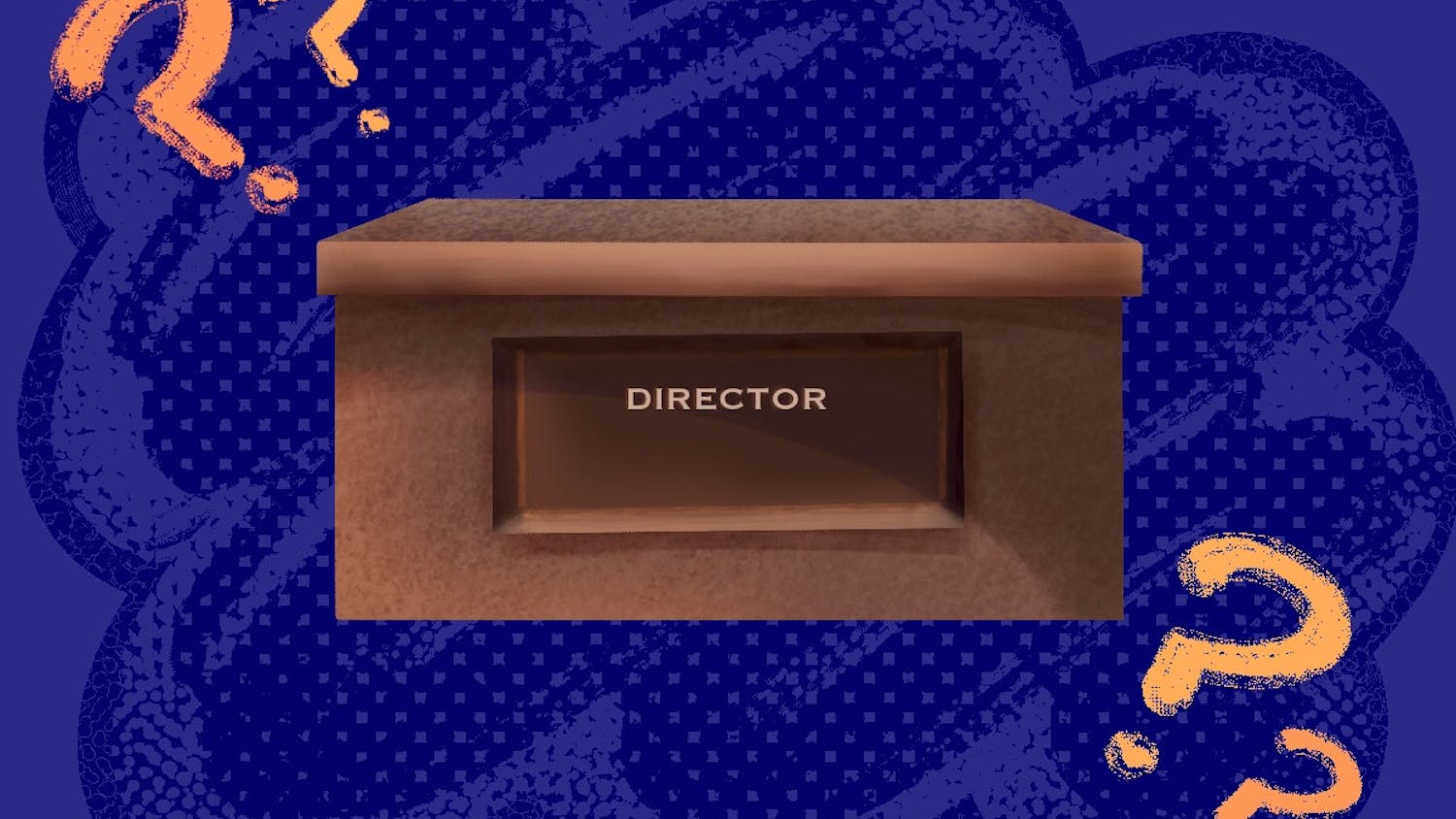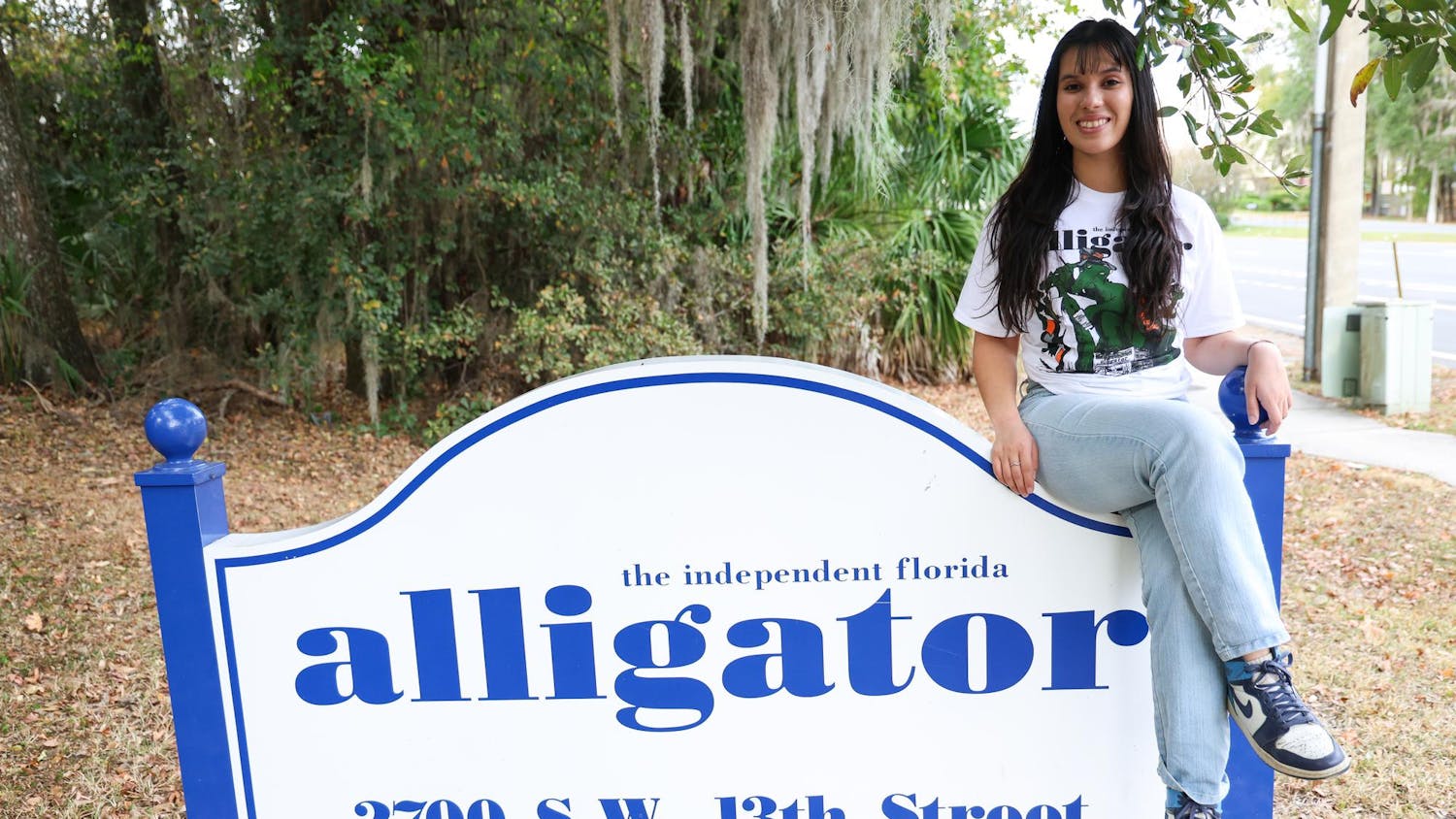A few weeks ago, Jan Smith walked into her kitchen and found her dog in a pool of blood.
The Clermont, Fla., resident went home after a day of running errands to see her poodle-Siberian Husky mix, Jackie, bleeding with a swollen head. Jackie was bitten by a rattlesnake, and the veterinarian said she had less than a 40 percent chance of survival.
But Jackie lived because of the UF Small Animal Hospital. There, she became the first animal treated in the hospital’s new hyperbaric chamber.
Jackie was referred to Dr. Alessio Vigani, a resident in anesthisia, emergency and critical-care medicine at the hospital. Smith said Vigani was afraid Jackie would require surgery because there was so much venom in her body.
“That was going to be really bad for us,” Smith said. “It’d be an additional expense and additional stress on her.”
Vigani recommended Jackie for treatment in the hyperbaric chamber, a procedure that delivers oxygen by applying pressure to the animal’s skin. He said the chamber increases oxygenation to tissue and restores blood flow.
Smith said her family was willing to try the chamber because it was less invasive than surgery.
“Not having to have the surgery was a major plus,” she said. “She might not have made it. She could’ve been disfigured.”
Vigani said four animals have been treated since Jackie. He said the staff was amazed by how quickly animals progressed after they received treatment in the chamber.
“None of us were expecting to see such a significant improvement within a very short course of treatment,” he said. “In the past, it might have taken months.”
Vigani said all of the families who have brought animals have been from out of town. He said the new technology may bring attention to Gainesville.
“There’s definitely a chance it’ll increase the income of the hospital and the town,” he said.
Smith said she’s grateful for the university’s veterinary care.
“They are just top-of-the-line,” she said. “They are the best I’ve encountered.”





